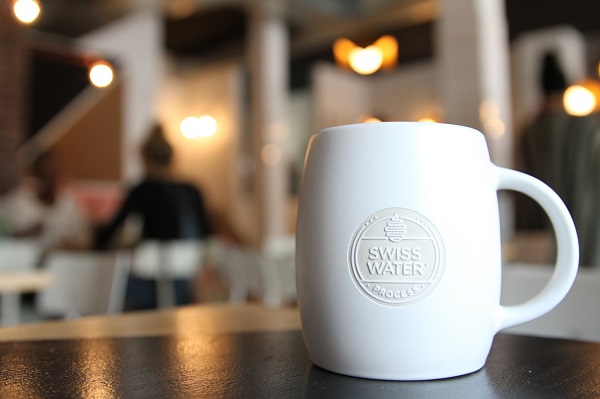
Why not try our 908g bag for an extra 25% saving to help you start the day the right way! Feel assured when you wake to that fresh hot cuppa, that it contains only the deepest, delicious keto coffee.
CAFFEINE IN COFFEE DECAF FREE
CAFFEINE IN COFFEE DECAF FULL
Then, the solution filters through activated charcoal, which is full of chemical-trapping pockets that pull out caffeine. Swiss water process - Originating in Switzerland in the 1930s, this process entails soaking green, pre-roasted coffee beans in water and green coffee extract.There are four primary methods for decaffeination: lingqi xie/Moment/Getty Images How is decaf coffee made?

Since decaf and regular taste different because of caffeine’s absence, if one becomes accustomed to decaf they might be surprised at regular. Hendon says that it takes 300 milligrams of caffeine - about half a liter of coffee - per kilogram of one’s bodyweight to poison themselves.įor those who are coffee-curious but caffeine-wary, starting with decaf is an option. However, that’s not reason enough to swear off caffeinated coffee. They reported the mix contained enough caffeine in 200 cups of coffee. The BBC reported in 2011 one man’s death from this cause after adding too much powder to a mixture. It is, in fact, possible to die of caffeine poisoning. Research does show that decaf may pose some risks for those instructed to steer clear of caffeine.įor those who are coffee-curious but caffeine-wary, starting with decaf is an option. Those who are prone to anxiety but love their morning joe may opt for decaf. Those who are sensitive to caffeine may still feel a rush from decaf, which may make it a better option. Antioxidants are a favorite compound in coffee, though “literally everything on earth contains antioxidants,” Hendon adds, which isn’t literally true, but it may mean that we give a little too much credit to naturally occurring antioxidants, which are in most fruits and vegetables. “You’re not going to respond to it - at least, not in some meaningful way.” Is decaf healthier than regular?Ĭoffee has more to offer than just a jolt of energy to our nervous system. “There’s going to be some point where you can think of it as microdosing,” Hendon tells Inverse. The real test isn’t how little caffeine coffee contains, Hendon says, but when the caffeine stops supercharging the drinker. Caffeine, he says, is quite a bitter compound, so a good decaf coffee will actually taste different.Īt the time, Hendon had a decaf coffee in his lab that was so mild he says it “tastes like a PB and J sandwich.”Ī cup of coffee contains about 95 milligrams of caffeine, compared to two milligrams in a cup of decaf. Perhaps that’s possible, but a coffee decaffeinated to that point might not taste good anymore. Some companies claim to remove upwards of 99 percent, but Hendon’s skeptical. Decaffeination removes at least 97 percent of the caffeine. Eko Prasetyo/Moment/Getty Images Is there caffeine in decaf coffee?

A cup of coffee contains about 95 milligrams of caffeine, compared to two milligrams in a cup of decaf.


 0 kommentar(er)
0 kommentar(er)
